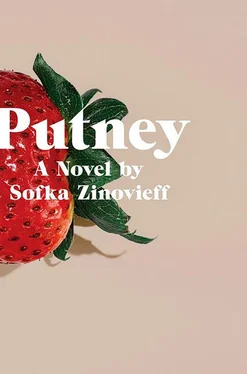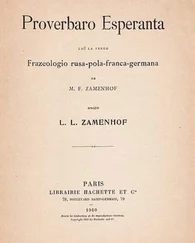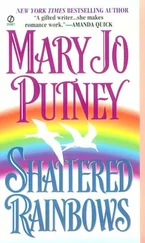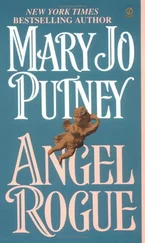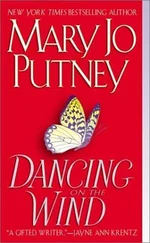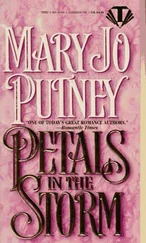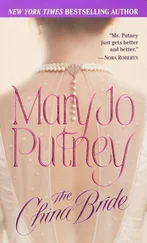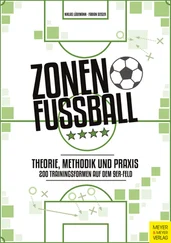After Daphne left, Jane felt wired, as though she’d drunk too much coffee. Clearing up, she knocked a glass on to the floor and went through the rigmarole of picking up dozens of jagged slivers. She was relieved the evening had gone well but she was still uneasy. Their friendship had always been like that, she thought, characterised by opposites. As a girl, she had loved and hated her simultaneously. Affection and admiration were threaded through with envy, but also exasperation and sometimes despair. As far as the Ralph business went, she would have to lead her gradually in the right direction. It was impossible to be frank or tell her everything.
She spent almost two hours in bed with her laptop, researching historical child sexual abuse. The amount of data available was almost overwhelming. All across the country, women (and some men), many of her sort of age, were emerging to divulge their grim stories. Unspoken for decades, the words had begun to gush forth with details of sordid events that had been hidden in shame and were finally now being revealed and recognised as crimes.
It was only when he heard Nina’s key in the lock and her tentative call that he realised he had spent nearly forty-eight hours on the sofa. Following his fourth visit to the hospital, the sitting room looked like a tempting place to rest – the view of freshly born April leaves outside the window was soothing. Then he became rooted there, barely able to stumble to the kitchen to get a drink or some crackers. He’d been told to expect fatigue after the chemo, but this was beyond any tiredness he’d experienced.
‘In here.’ His voice emerged as a croak. He could only imagine what he looked like from the alarm on Nina’s face. She said something incomprehensible in Greek before switching to English. ‘Oh my God. What’s going on? Are you ill?’ She put her hand on his forehead, checking for a fever.
‘No, I’m OK. Well, a bit. Maybe I’ll go and take a bath.’ He suspected he didn’t smell too appetising, having failed to wash or clean his teeth during this period. Upright, it was hard to get a balance.
‘Sit.’ Nina had evidently never realised that, in English, it sounded like an instruction to a dog, but he took her advice. After she removed her coat and gathered up the accumulated mail on the doormat, she returned. ‘OK, let’s get you upstairs.’
While he lay in the bathtub, Nina came back with a mug of camomile tea – her notion of a panacea, and it did make him feel better.
‘Angel of mercy. Thank you, darling.’ He looked up at his wife from the steaming water. Not many marriages lasted this long – forty years in October. Nina was planning a celebration with children, grandchildren, friends gathered across all these decades and from various places. It hadn’t always been easy (find me an easy marriage, he thought), but they’d made it through this great span of existence together. Even in her mid-sixties she looked good: a gentle, pleasing face with kind, brown eyes, and she still had long hair, now mostly grey and wound into a chaotic bun or loosely plaited.
She knelt down on the bath mat and kissed him on the forehead. ‘You should have told me. What’s the point otherwise?’ Nina had become increasingly independent during the years since the children left. She was painting almost fanatically, ever smaller pictures, almost miniatures, which could be pieced together to create something like a mosaic. Wherever he found her, she’d be bent over some tiny creation, using a paintbrush as fine as a butterfly’s antenna. But she was deeply loyal to him. Steadfast. He couldn’t just shut her out. So he told her about the hospital, playing down the return of the illness. ‘A top-up to keep it under control,’ he said. ‘I’ll have a few more sessions over the next months and then it’ll all be fine.’
His system of hiding things was now more often a habit than a vice. The shed in the garden still offered the sense of retreating from the world that he needed for equilibrium and for his composing, but with the house often quiet and unoccupied by anyone but himself, this had become a luxury rather than a necessity. These days, Nina was frequently absent, visiting one of the children, or going for weeks, even months to Greece, where she could work and keep an eye on her old mother. True, she was still remarkably supportive of his music, even after all this time – she never missed a premiere or an important concert of his. And she had always been a guard dog for his composition, keeping people out of his way, taking his phone calls, or organising the practical elements of his life. She had filled books with cuttings about him and his music, going all the way back to when they first met. As he’d become better known, she’d bought larger albums to fit the proliferation of interviews and reviews. He had enjoyed witnessing her pride.
Nina took charge of his convalescence with generous efficiency – mother, nurse, handmaiden and wife bound into one. Nourishing broths simmered on the stove, pots of spring flowers were placed around the house, and within a few days he was edging back to something like normality. It never surprised him to be the centre of attention. When he was young, his mother had joked that all the parties and firework displays on November 5th were a countrywide celebration of his birthday, and he had half-believed her.
If his own mother had been devoted, Nina was many times more so to their children. He recalled how she’d tended to them through their childhood illnesses, staying up all night, strong as a rock, fiercely loving. She never asked him to help, perhaps, as she said, because he needed his sleep and had to work. She had flung herself into maternity, so it hardly mattered if he was away or busy or up to some escapade. He only really noticed this had happened afterwards, when it was too late for him to rethink his approach to fatherhood.
Nina evidently told the children something, as they each made contact, showing signs of mild concern. Jason called from Madrid and made Sydney (now four) come and say ‘Hello to Grandpa’. Ralph loved his grandchildren, but wished they could avoid calling him this name; he still felt too youthful for it. Lucia caught the train up from Brighton for a flying visit with her little girl Bee, who looked almost identical to her mother at that age, with her solid step, pouting mouth and surprising, green-flecked eyes.
He had doted on Lucia when she was young. He remembered lying on her bed at night and telling her stories or singing songs while she snuggled against him, her breath slowing as she fell asleep. Somehow, they had drifted apart. He was away so much, and then she grew up and was suddenly a teenager who couldn’t be bothered. Or perhaps they were never as close as he had thought. There was one evening where he had offered to take over the children so that Nina could paint. She was very grateful and it was all going fine until the phone rang once, then stopped – the signal he’d arranged with Daphne if she needed him. He called her back at Barnabas Road: he couldn’t even remember now what the reason was for her distress – nothing significant – but he’d abandoned Lucia’s story halfway through, hurried downstairs and given Nina some half-baked excuse about a conductor needing a pre-rehearsal drink. She hadn’t complained, just washed her brushes, and picked up the tearful Lucia at the top of the stairs. His last sight as he slunk out of the front door was of his wife and daughter’s hair mingled like a tawny forest animal.
Lucia brought a bag of turmeric roots with her from Brighton, and a pair of smooth crystals.
‘I could give you a bit of reiki if you like? It’s such a powerful treatment, you know. We’re finding it’s the most popular therapy at the centre these days. If it works for you we could even do some sessions by phone.’ He tried to appear grateful. Bee sang him ‘Greensleeves’, which she’d performed in a school concert. ‘My Honey Bee’, he called her, and crooned a bit of Louis Armstrong’s ‘Honeysuckle Rose’. He’d sung it to other people, including Daphne, in rather different circumstances.
Читать дальше
